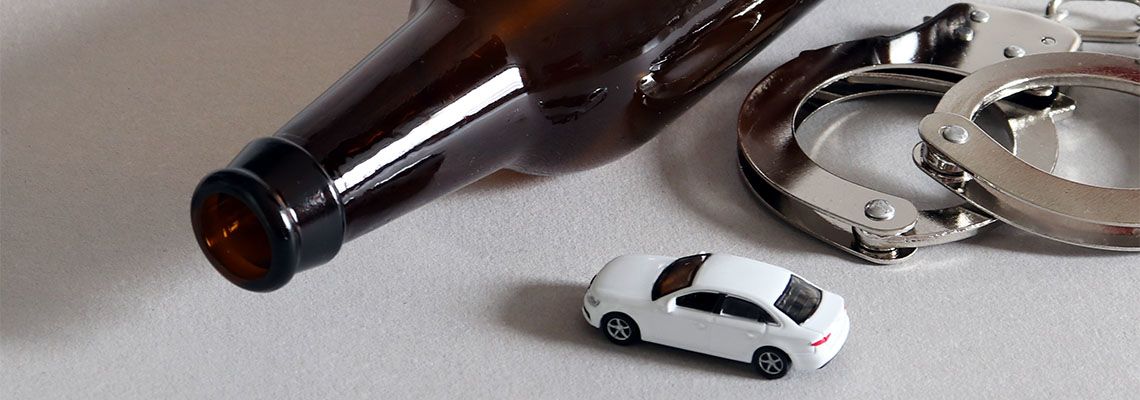
Shoplifting might seem like a minor crime, but depending on the circumstances, it can escalate quickly to felony theft. The severity of a theft charge depends on the value of the stolen property and the circumstances surrounding the incident. What starts as a simple act of shoplifting can become a serious legal matter.
When that escalation occurs, how should you react? At The Leier Law Office LLC in Fort Collins, Colorado, we have the answer. Here, we'll break down the factors that determine when shoplifting transitions into felony theft, the charges you might face, and why consulting a criminal defense lawyer is crucial.
What Are the Shoplifting and Theft Laws in Colorado?
In Colorado, shoplifting falls under the broader category of theft. Theft can occur in many forms, such as stealing from a store, taking someone's personal property, or even embezzling funds. However, shoplifting specifically refers to the act of taking goods from a retail store with the intent to permanently deprive the owner of those goods without paying for them.
The key factor that determines whether shoplifting turns into felony theft is the value of the items taken. Colorado's theft laws classify theft into various categories based on the value of the stolen property. The more expensive the items stolen, the higher the severity of the charge.
What Is the Value of the Stolen Property?
One of the most important aspects of determining whether shoplifting escalates to felony theft in Colorado is the value of the stolen property. The state has established clear thresholds for what constitutes misdemeanor theft and what qualifies as felony theft.
Petty theft: If the stolen goods are valued at less than $300, the offense is considered petty theft. The penalty for this can be up to 10 days in jail, up to a $300 fine, or both.
Misdemeanor theft: If the stolen good are valued at more than $300, but less than $1,000, the offense is considered a class 2 misdemeanor. Class 2 misdemeanors are punishable up to 120 days in the jail, up to a $750 fine or both. If the good are valued at $1,000 to $2,000, the offense is a class 1 misdemeanor punishable up to 364 days in the county jail, up to a $1,000 or both.
Felony theft: However, when the value of the stolen property exceeds certain limits, the charge can escalate to felony theft. In Colorado, felony theft is classified based on the value of the goods taken:
Class 5 felony: Theft of property valued between $2,000 to $5,000.
Class 5 felony: Theft of property valued between $5,000 and $20,000.
Class 4 felony: Theft of property valued between $20,000 and $100,000.
Class 3 felony: Theft of property valued between $100,000 and $1,000,000.
Class 2 felony: Theft of property valued between $1,000,000 or more.
Shoplifting that involves larger amounts of stolen goods over a period of time often leads to more significant charges, even if it's the first offense.
Aggravating Factors That Can Lead to Felony Charges
In Colorado, shoplifting doesn’t just depend on the value of the stolen goods. Certain aggravating factors can elevate a simple shoplifting charge to felony theft, even if the value of the stolen property is on the lower end. Some of these factors include:
Use of force or threats: If the individual uses force or threatens force while shoplifting, such as assaulting store employees or threatening them with a weapon, the charges could easily escalate to Robbery. The presence of a weapon or the severity of the threat can further increase the seriousness of the charges, leading to mandatory sentencing guidelines. In these cases, the criminal penalties may include both prison time and heavy fines.
Damaging property or causing injury: If a person damages property or causes injury while committing shoplifting, such as breaking store fixtures or causing harm to a store employee during a theft, the situation will likely result in felony charges. In some cases, the victim's injuries may lead to additional charges, such as Aggravated Robbery or Criminal Mischief, further complicating the case. These additional charges can lead to a longer prison sentence and steeper fines.
Involvement of a minor: If the theft involves a minor, either as the person committing the theft or as an accomplice, the penalties could be more severe. Under Colorado law, there are specific laws about minors participating in theft, which can escalate the situation further. The involvement of a minor can also lead to separate legal proceedings such as Contributing to the Delinquency of a Minor, potentially increasing the overall legal consequences for the adult involved.
If you’re facing charges of shoplifting, it’s essential to seek the advice of an experienced criminal defense lawyer. In Colorado, criminal defense attorneys can help you understand the severity of the charges, identify possible defenses, and potentially negotiate for reduced charges or a more lenient sentence.
Contact a Criminal Defense Lawyer Today
If you’re facing theft charges, it’s crucial to have an experienced criminal defense lawyer by your side to help you understand your legal options and secure the best possible outcome. At The Leier Law Office LLC, we serve clients in Loveland, Greeley, Windsor, Evans, and Fort Collins. Contact us today to schedule a consultation.



